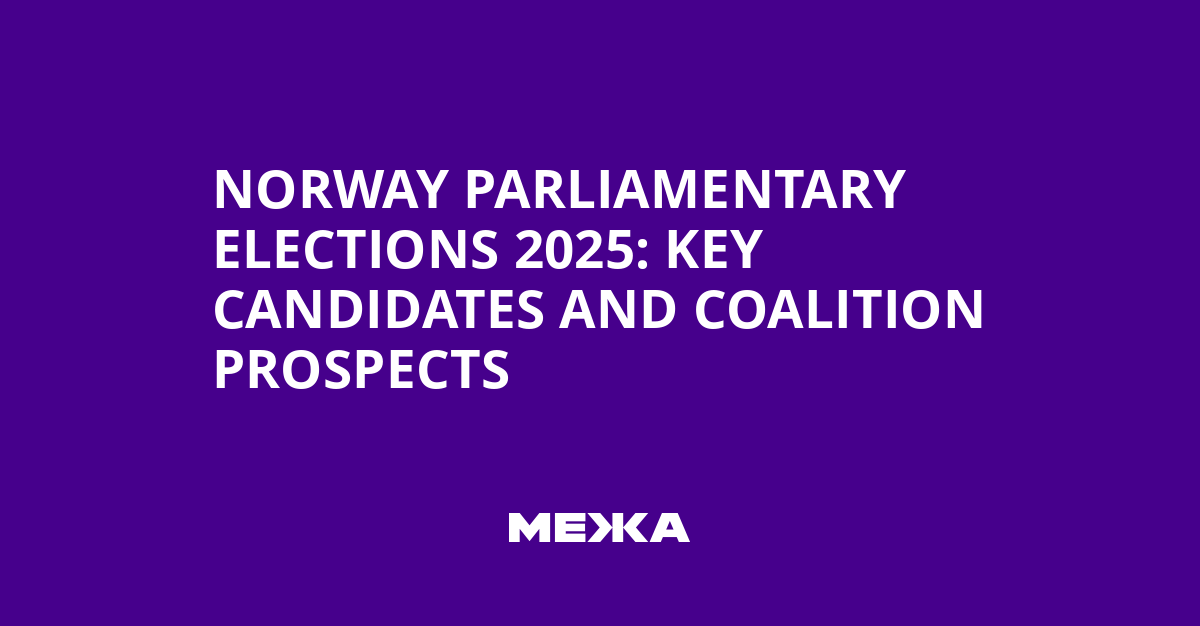
The Prime Minister of Norway, Jonas Gahr Støre, at the NATO summit in The Hague, Netherlands, on June 25, 2025. AP/Matthias Schrader
The parliamentary elections in Norway, scheduled for September 7–8, 2025, are expected to feature at least nine parties in the new Parliament. At the center of the fight for the prime minister’s seat are three main candidates whose pledges and vision for the country’s development are actively debated during the campaign period.
Jonas Gahr Støre leads the Labour Party. The 65-year-old politician has been governing as a minority government since 2021. Based on early trends, his bloc holds a noticeable but not unassailable advantage in the race for continued governance of the coalition. In previous terms, Labour sought a left-leaning coalition, which allowed the government to shift course after a long period of right-wing rule. In 2025, Labour underwent an internal reorganization, after which changes were made to the cabinet and a finance minister, a close ally of Støre, was appointed. Such steps strengthened the party’s position, but current polls hint at the possibility of drawing in a broader coalition spectrum after the vote.
The Progress Party is led by Sylvi Listhaug, 47 years old. She is known for a sharp stance on tax cuts, stricter immigration norms, and increased accountability for public order. Between 2013 and 2020, her party held several ministerial portfolios in a coalition with the Conservatives – responsible for agriculture, justice, and energy. In 2018 Listhaug came under close scrutiny due to a social media post related to migration and crime, which became a reason for her dismissal. She returned to the cabinet after a brief hiatus in 2019 and in 2021 became the party leader, cementing the left-right balance in the country’s political landscape.
The Conservative Party is led by Erna Solberg, 64. She has already served as prime minister from 2013 to 2021 and has led the party for over two decades. Solberg aims to build a broad centre-right coalition, bringing in the Progress Party with the goal of returning to power. Despite the Conservatives’ lag behind the Progress Party in polls, her image in the center of the country is considered potentially appealing to a segment of voters. Her platform focuses on tax cuts, reforming the education system, and modernizing the public sector. It is worth noting that in 2023 Solberg was drawn into discussions about her husband trading assets on the stock market during her tenure; she denied involvement in the transactions, and the authorities found no signs of wrongdoing.
Analysts note that after the vote the government may require the support of coalition partners, which could lead to a more complex political map and dependence on deals among several forces in parliament.
